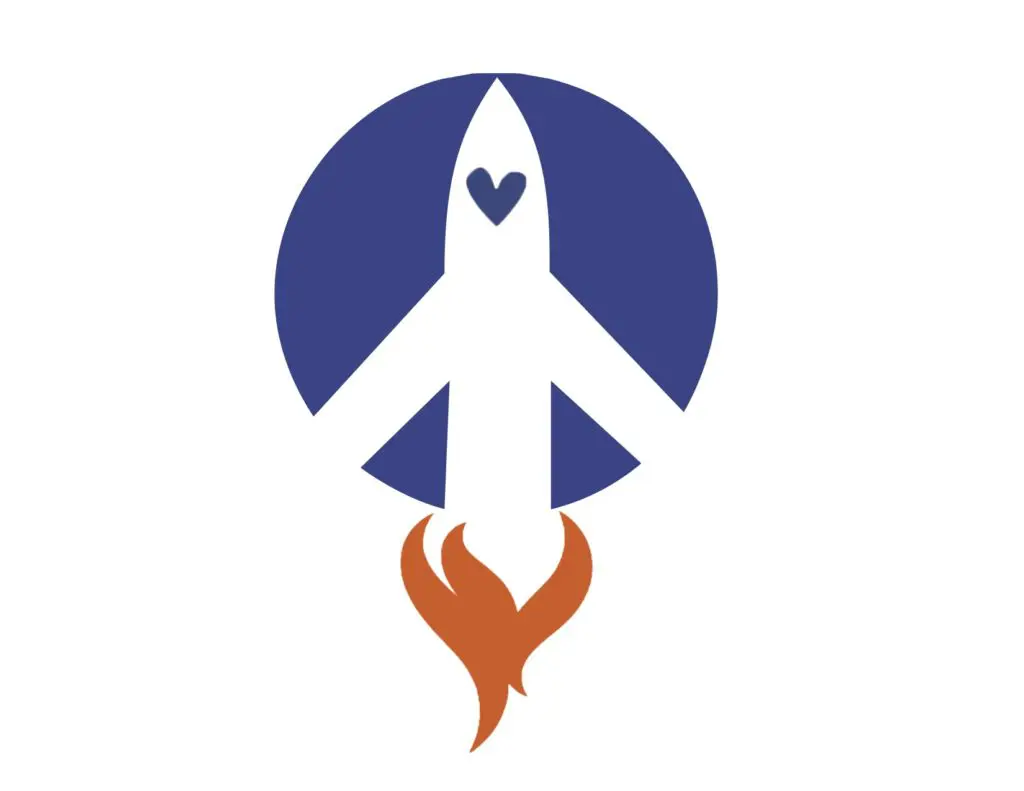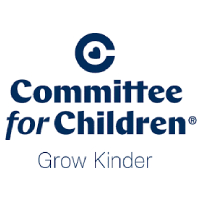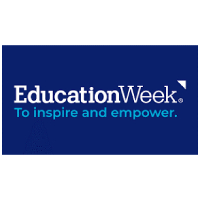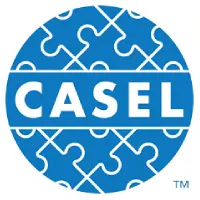Want to learn more? Check out these relevant articles from leading national educational organizations highlighting Keeth/Coach Rudy’s work:
Research Supports the Impact of Social Emotional and Academic Development Programs
In the past 15 years, there has been a plethora of research on how to support and nurture the emotional intelligence of children, adolescents, and adults. Research regarding teaching emotional intelligence in schools has impressive results including a high return on investment. For every dollar spent supporting social emotional and academic development, we see an $11 return on investment. Those are some real benefits judging by the numbers!

0
for every dollar spent you get a $11 benefit"…For every dollar invested, there is a return of more than 11 dollars. The lead researcher told us “These are unprecedented returns, particularly given that, while the estimates of the costs are clear, only a portion of the possible benefits are captured.” Benefits include reductions in child aggression, substance abuse, delinquency, and violence; lower levels of depression and anxiety; and increased grades, attendance, and performance in core academic subjects."
A return on investment is only one measure of impact. A 2011 meta-analysis of 213 school-based, universal Social, Emotional and Academic Development programs involving 270,034 students in kindergarten thru high school showed significant gains in improved skills, attitudes, behavior and academic performance.
Since 2011, additional meta-analyses on school-based universal Social and Emotional Learning programs have been conducted with impressive results. Many of these students examined long-term effects of school-based social emotional learning including better life outcomes such as graduating high school and college, decreased health problems, and increased academic achievement.
Six years later, a team that includes authors of the 2011 meta-analysis, has completed a new meta-analysis. The new findings were published on July 12th, 2017 in the peer-reviewed journal Child Development. The study analyzed results from 82 different interventions involving more than 97,000 students from kindergarten to high school, and the effects were assessed six months to 18 years after the programs ended.







